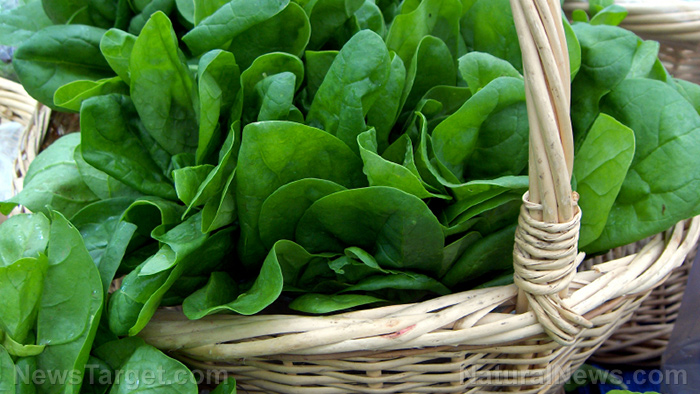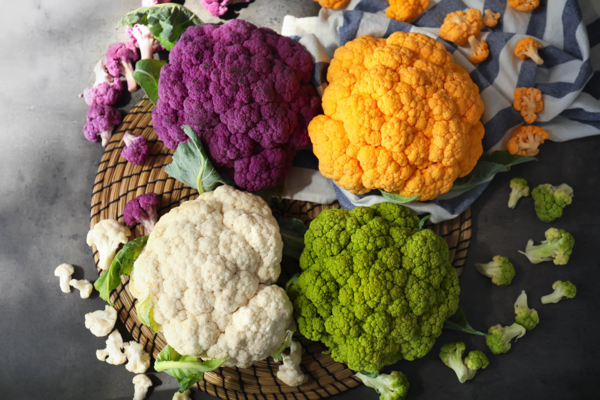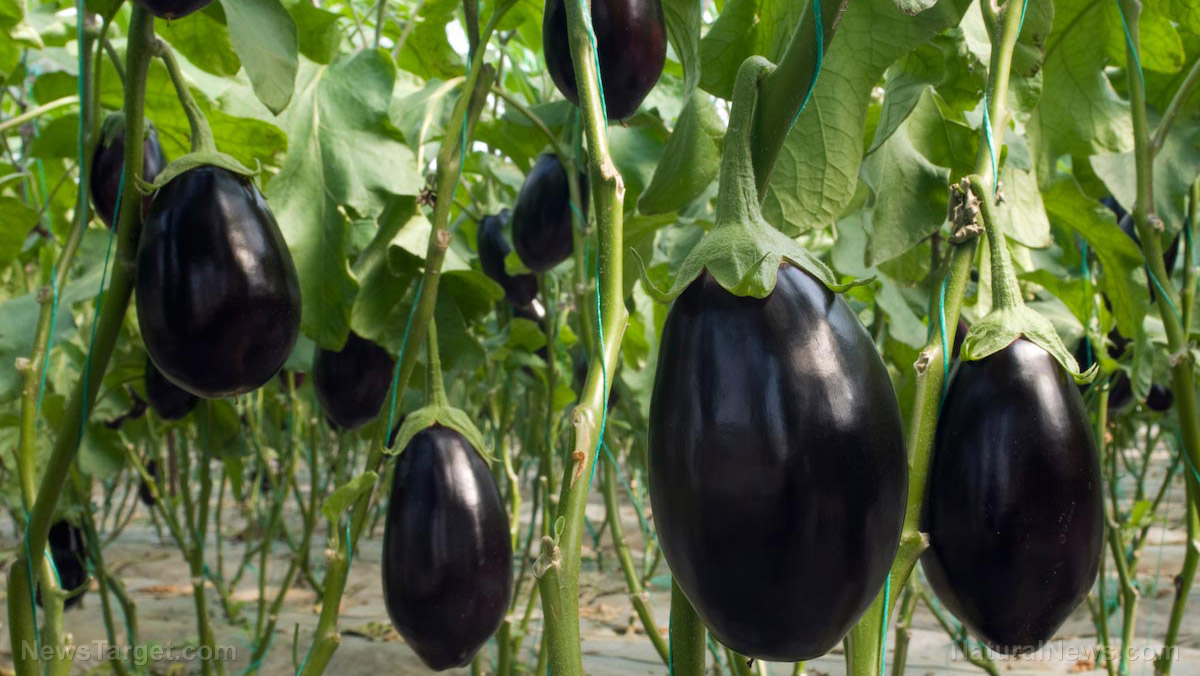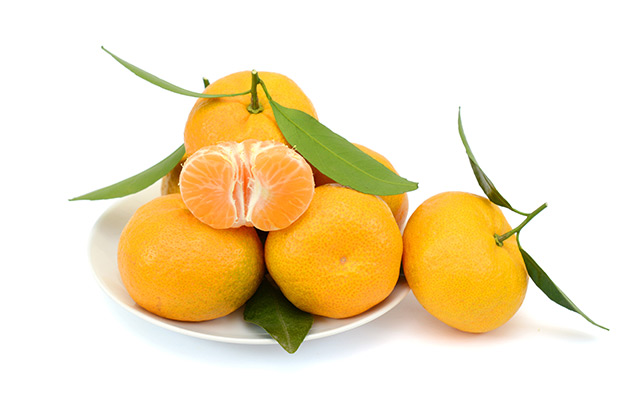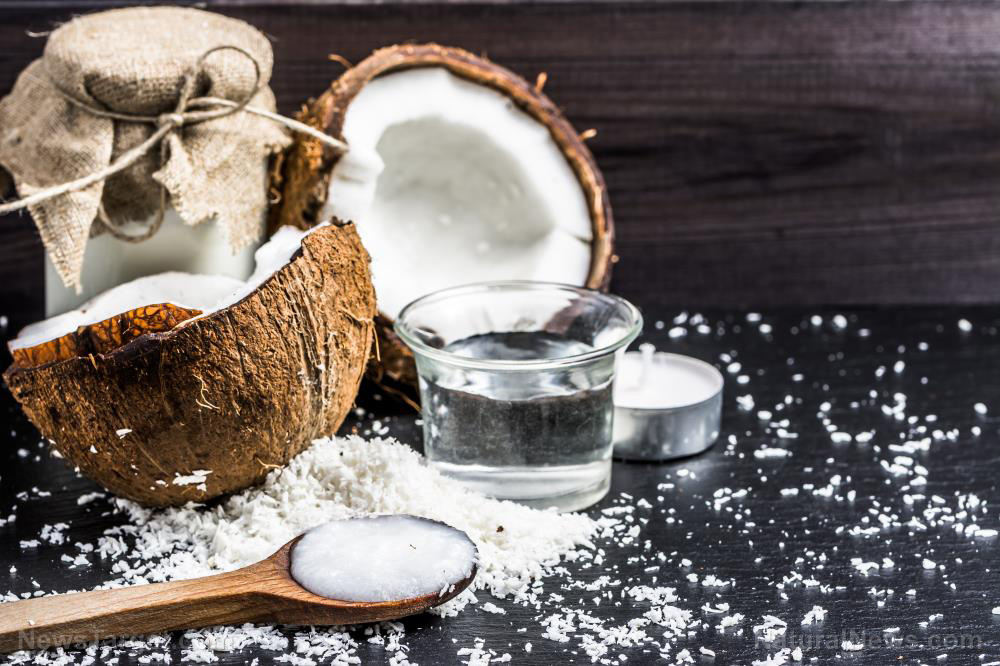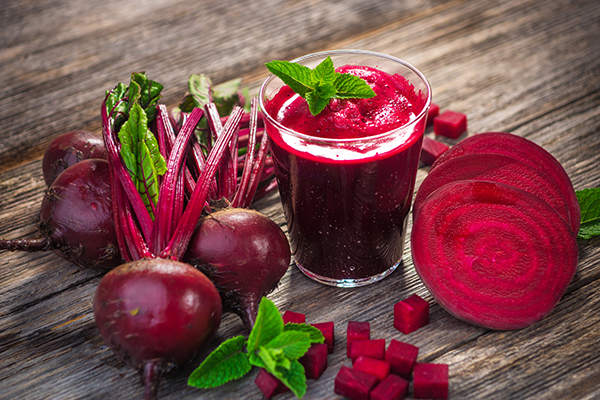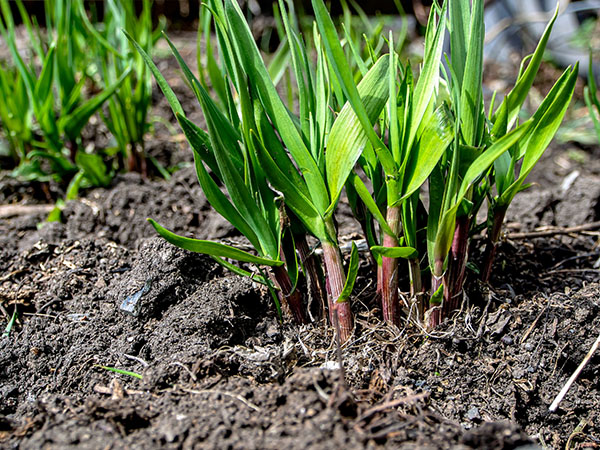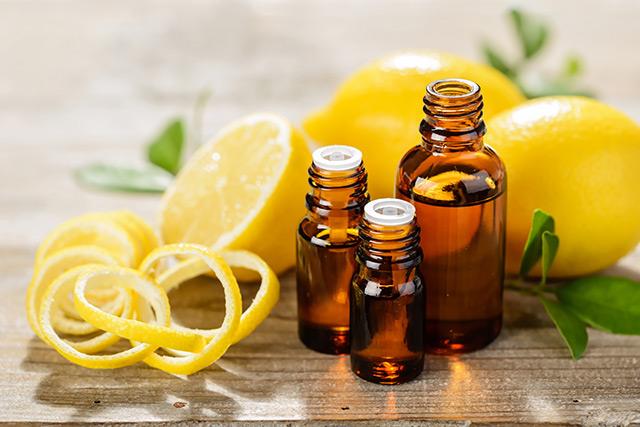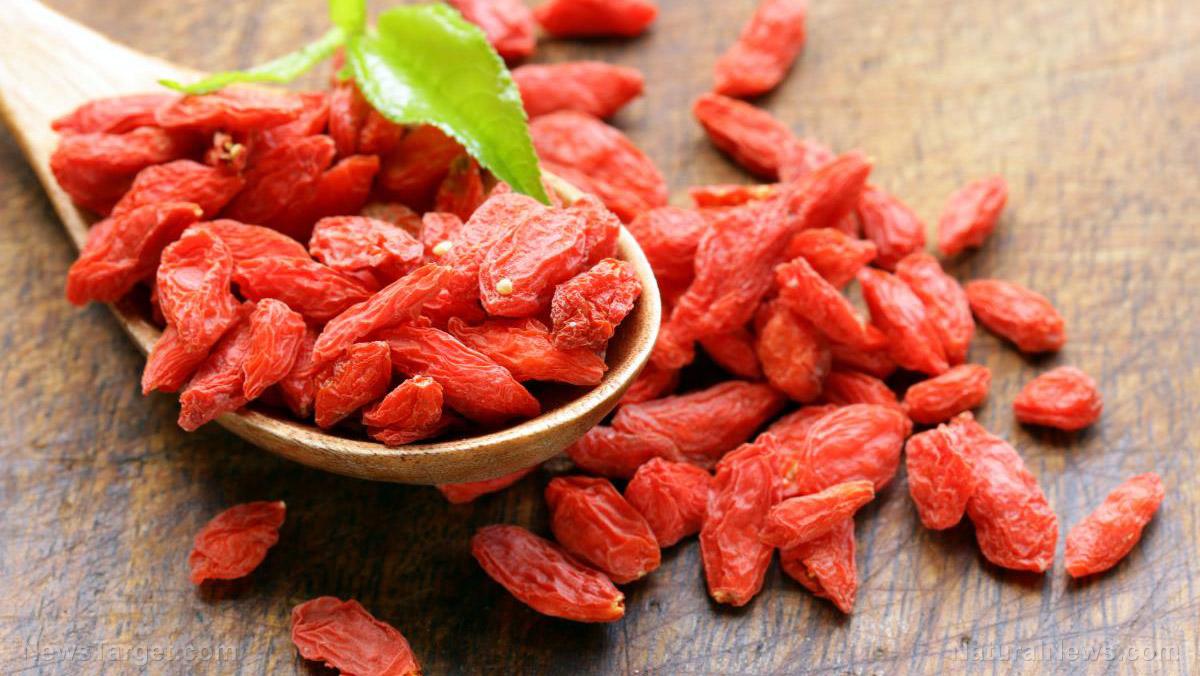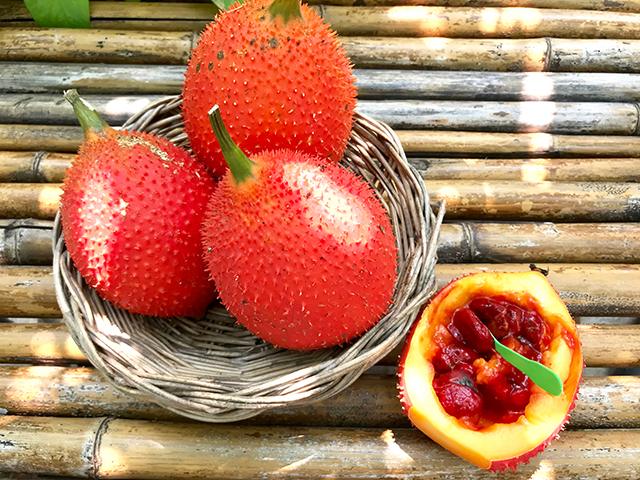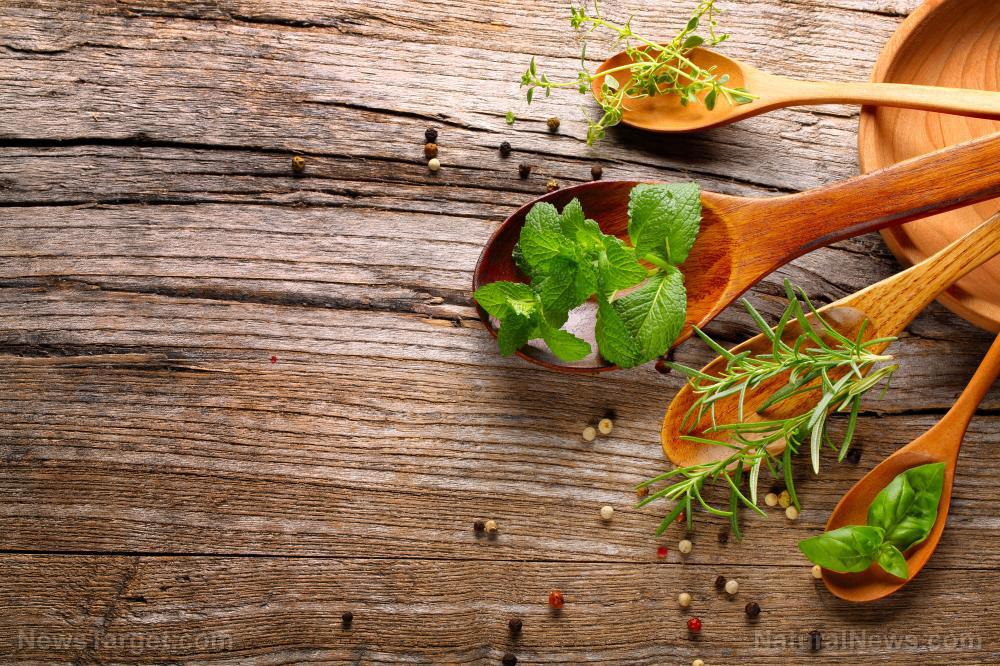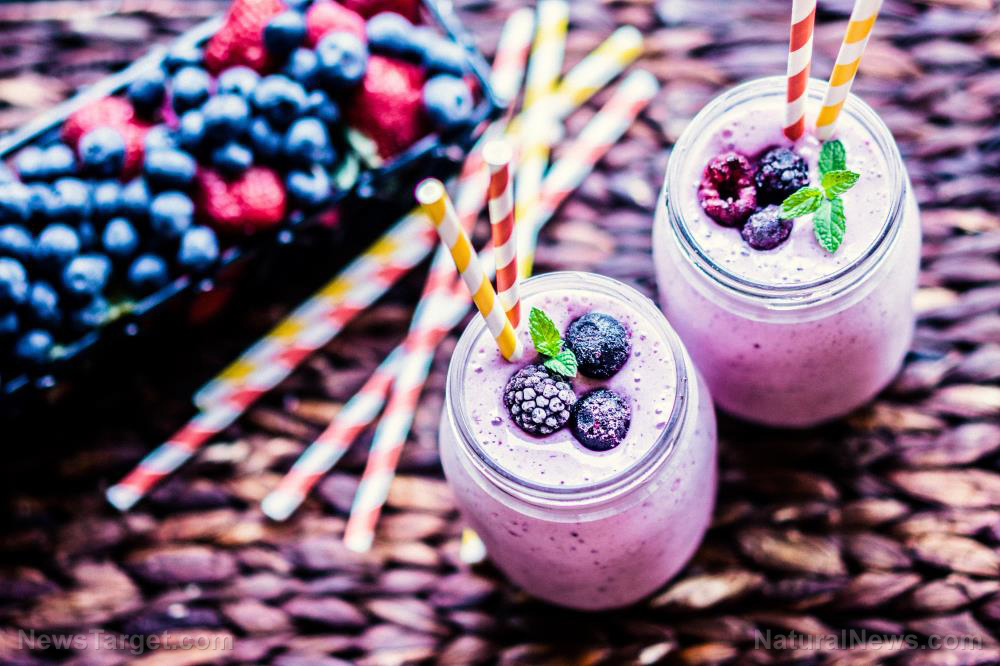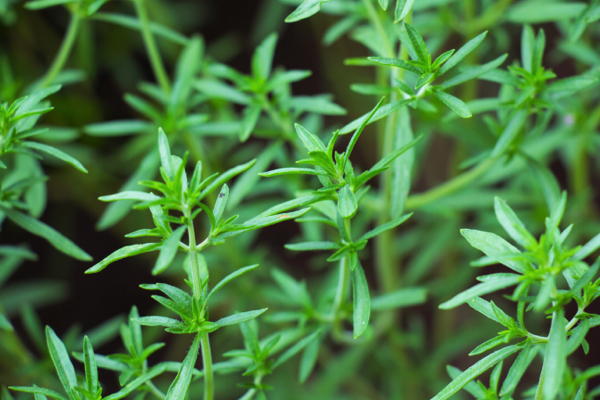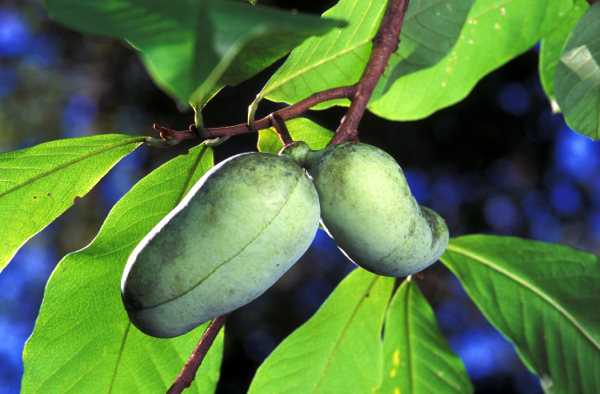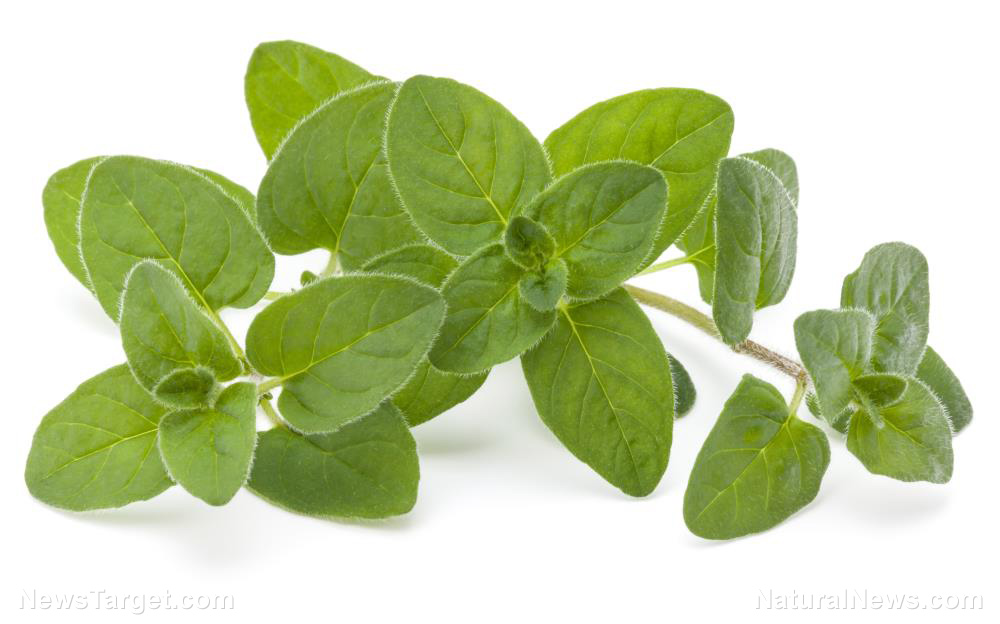The vibrant journey of Beets: From ancient greens to modern superfood
03/26/2025 / By Ava Grace
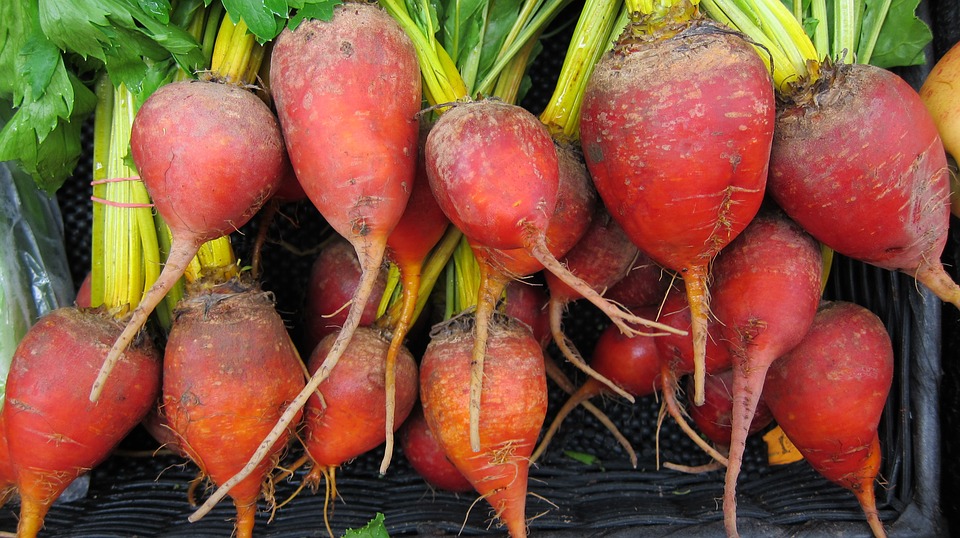
- Beets have been cultivated since 2,000 BCE, initially valued for their leafy greens in ancient Greece and Rome. Their roots gained popularity later, and by the 19th century, they became a key source of sucrose, leading to the development of sugar beets. Today, they are grown globally, with major producers including Russia, the U.S., France and Germany.
- Beets are rich in vitamins, minerals and phytonutrients like betalains, which are antioxidants with anti-inflammatory properties. They also contain nitrates, which improve blood flow and lower blood pressure, making them beneficial for cardiovascular health.
- Beets are known to support heart health, reduce inflammation, aid detoxification, enhance cognitive function and improve exercise performance by increasing oxygen delivery to muscles.
- Beets come in various colors (e.g., red, golden, striped and white) and can be eaten raw or cooked. Their green tops are also nutritious and can be used similarly to spinach or Swiss chard. Popular dishes include roasted beet salads, beetroot hummus, borscht and beet-based desserts like chocolate cake.
- Beets have been used in traditional medicine, such as Ayurveda, for digestion and detoxification. Anecdotal evidence, like the story of a European village with exceptional longevity, highlights their enduring reputation as a healing food.
The humble beetroot, known simply as “beet” in North America, is a vibrant root vegetable that has been nourishing humanity for centuries. With its deep crimson hue, earthy flavor and impressive nutritional profile, the beet has earned its place as a superfood in modern wellness circles. But its journey from ancient gardens to modern kitchens is as rich and colorful as the vegetable itself.
Brief history of beets
Beets (Beta vulgaris subsp. vulgaris) have a storied past that dates back to ancient civilizations. Originally cultivated in the Mediterranean region around 2,000 BCE, beets were initially grown for their leafy green tops rather than their roots. The ancient Greeks and Romans prized beet greens for their medicinal properties, using them to treat ailments ranging from fever to constipation. It wasn’t until later that the root itself gained popularity as a food source. (Related: Beets, berries and more: 6 Benefits of preserving food through freeze-drying.)
By the 16th century, beets had spread across Europe, where they were primarily used as animal feed. The culinary potential of their roots was soon recognized, and they became a staple in European diets. The 19th century marked a turning point for beets when they were discovered to be a rich source of sucrose, leading to the development of sugar beets. Today, beets are grown worldwide, with major producers including Russia, the United States, France and Germany.
The rise of beets as superfood
The term “superfood” is often reserved for foods that are exceptionally nutrient-dense and beneficial for health. Beets earned this title due to their high concentration of vitamins, minerals and phytonutrients. Among these are betalains, a group of pigments responsible for the beet’s vivid red and yellow colors. Betalains are potent antioxidants and anti-inflammatory compounds that help protect cells from oxidative stress and reduce inflammation in the body.
Beets are also rich in nitrates, which the body converts into nitric oxide — a molecule that helps relax blood vessels, thereby improving blood flow and lowering blood pressure. This makes beets particularly beneficial for cardiovascular health. Additionally, beets are a good source of folate, manganese, potassium and vitamin C, all of which contribute to their superfood status.
The nutritional profile of beets makes them a powerful ally in preventing and managing various health conditions. Here are some of their health benefits:
- Cardiovascular health – The nitrates in beets help lower blood pressure and improve circulation, reducing the risk of heart disease.
- Anti-inflammatory properties – Betalains can combat inflammation, which is linked to chronic diseases such as arthritis and diabetes.
- Detoxification – Beets can support liver function, aiding in the body’s natural detoxification processes.
- Cognitive function – Improved blood flow due to nitric oxide’s effects can help enhance brain function and reduce the risk of dementia.
- Exercise performance – Studies suggest that beet juice can enhance athletic performance by increasing oxygen delivery to muscles.
Culinary uses and recipes
Beets have long been used in traditional medicine to treat a variety of ailments. In Ayurveda, beets are believed to balance the body’s doshas and improve digestion. In folk medicine, beet juice has been used to cleanse the blood and boost energy. Modern science supports many of these uses, particularly in the areas of cardiovascular health and detoxification.
One anecdote from the early 20th century tells of a European village where beets were a dietary staple. The villagers were known for their longevity and robust health, which was attributed to their regular consumption of beetroot soup. While this story is anecdotal, it underscores the enduring belief in the healing power of beets.
Beets come in a variety of colors, shapes and sizes. The most common variety is the deep red beet, but golden beets, striped beets (Chioggia) and white beets are also popular. The root is typically round or oblong, with a smooth, firm texture. When raw, beets have a crunchy, slightly sweet taste. Cooking enhances their natural sweetness and softens their texture, making them a versatile ingredient in both savory and sweet dishes.
Beet greens, the leafy tops of the plant, are equally nutritious and can be sautéed, steamed or added to salads. They have a slightly bitter taste, similar to Swiss chard or spinach.
Beets can be enjoyed in countless ways, from simple roasted dishes to elaborate desserts. Here are a few recipe ideas to inspire your next culinary adventure:
- Roasted beet and goat cheese salad – A classic combination of earthy beets, creamy cheese and tangy vinaigrette.
- Beetroot hummus – A vibrant twist on traditional hummus, perfect for dipping or spreading.
- Beet and chocolate cake – A moist, decadent dessert that hides a nutritious secret.
- Borscht – A traditional Eastern European soup made with beets, cabbage and sour cream.
- Beet smoothie – Blend beets with berries, banana and almond milk for a nutrient-packed drink.
From their ancient origins to their modern-day superfood status, beets have proven to be a versatile and powerful addition to any diet. Whether you’re looking to boost your heart health, reduce inflammation or simply add a pop of color to your plate, beets are a delicious and nutritious choice. The next time you see these vibrant roots at the market, don’t hesitate to bring them home and explore their many possibilities.
This story is not medical advice and is not intended to treat or cure any disease. Always consult with a qualified naturopathic physician for personalized advice about your specific health situation or concern.
Visit NaturalNews.com, a great article source where you can learn about superfoods and their health benefits.
You can also try Brighteon.ai, an AI model created by Mike Adams, also known as the Health Ranger. This model is available as a free download to be run locally and is designed to help share and decentralize knowledge. By doing so, it aims to bypass censorship and empower people with knowledge.
If you’re looking for an uncensored video free speech website where you can openly discuss nutrition, natural medicine, ingredients and more, check out Brighteon.com and out two free speech social media sites, Brighteon.IO and Brighteon.social.
Watch this video to learn how to make a smoothie using beets and berries.
This video is from the BeFree Naturally channel on Brighteon.com.
More related stories:
Beets make for a pretty decent survival food.
6 Good reasons to eat more beets.
Study: Betalains in beets can help reduce fatigue and boost athletic performance.
Sources include:
Submit a correction >>
Tagged Under:
food cures, food is medicine, food science, Fresh, functional food, grocery cures, health science, natural cures, natural health, natural medicine, nutrients, nutrition, organics, phytonutrients, veggie
This article may contain statements that reflect the opinion of the author
RECENT NEWS & ARTICLES
COPYRIGHT © 2017 FRESH NEWS

